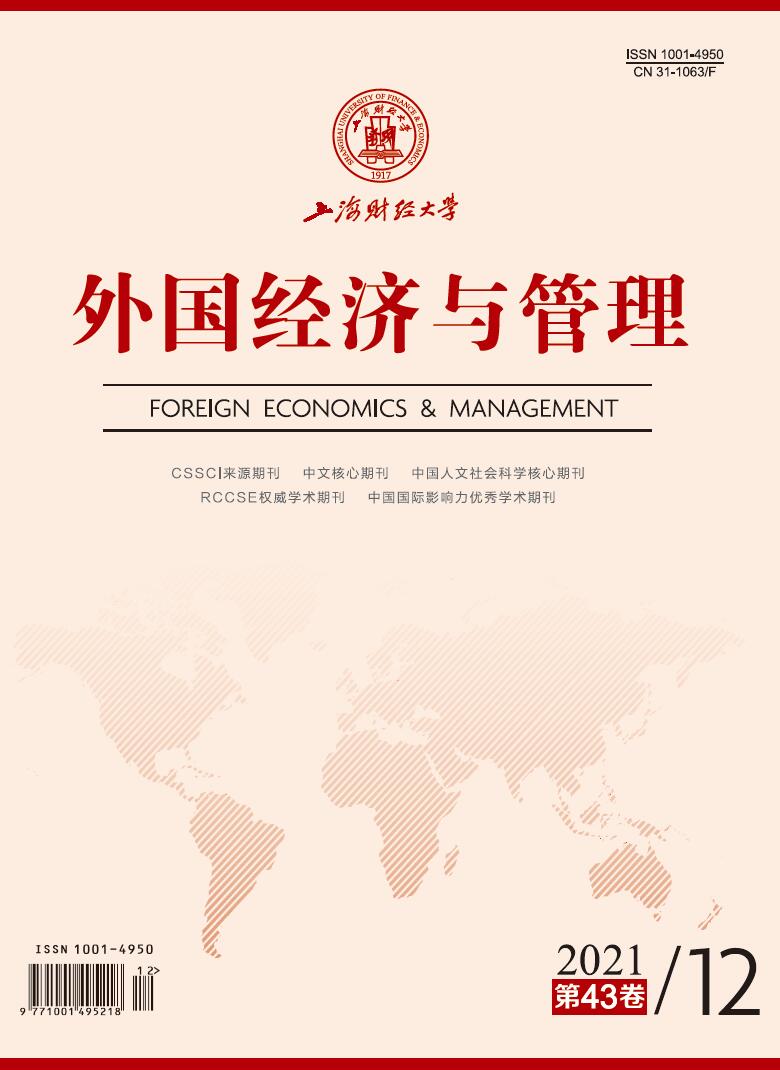Theoretically, analysts, as professional investors, are supposed to provide unbiased forecasts. However, existing research has generally found an optimistic bias in analyst earnings forecasts. Analysts are playing an increasingly important role in the capital market, and the research on the reasons of analyst forecast bias or the influencing factors of analyst forecast accuracy has gradually become a hot topic in the field of accounting and finance. Existing studies mainly discuss the influencing factors of analyst forecast accuracy from the rational perspective of interest conflict and information asymmetry, and from the irrational perspective of psychological bias, but seldom investigate the impact of limited arbitrage factor on analyst forecast accuracy. The discussion of this paper can help to analyze the formation process of analyst earnings forecast bias from the perspective of limited rationality and limited arbitrage, and enrich the related literature on the influencing factors of analyst forecast accuracy.
From the perspective of behavioral finance, this paper examines the impact of limited arbitrage factor on analyst earnings forecast accuracy, the interaction effect between limited arbitrage factor and investor sentiment, and whether the above effects have differential impacts among analysts with different characteristics. The conclusions are as follows:(1)Limited arbitrage factor significantly affects analyst forecast accuracy. The stronger the arbitrage restriction on companies, the lower the analyst forecast accuracy; and this effect cannot be explained by rational factors(institution shareholding, commission pressure, analyst reputation, and other interest conflicts)and sentiment.(2)Limited arbitrage factor not only affects analyst forecast accuracy directly, but also interacts with investor sentiment to intensify the impact of sentiment on analysts, further reducing analyst forecast accuracy.(3)Neither star analysts, large brokerage analysts nor those with strong independence can significantly reduce the impact of limited arbitrage factor, but large brokerage analysts can reduce the intensifying effect of limited arbitrage factor on sentiment.
This paper contributes to the literature in several aspects:(1)Based on the analyst individual forecast, it initially constructs a more comprehensive index to estimate the limited arbitrage degree, and for the first time to examine the impact of limited arbitrage factor on analyst forecast accuracy from the perspective of cognitive biases, providing a new perspective and analytical paradigm for the research on analyst forecast accuracy.(2)For the first time, it examines the interaction effect between limited arbitrage factor and investor sentiment, and finds that limited arbitrage factor will intensify the impact of sentiment on analysts, and further reduce analyst forecast accuracy, but investor sentiment does not affect the effect of limited arbitrage factor.(3)Based on the background of China, it constructs a comprehensive index that can better measure the degree of arbitrage restriction.(4)It provides a new perspective for the study of stock market anomalies and market pricing efficiency. That is, limited arbitrage factor can act on the capital market by influencing analyst earnings forecasts.





 12079
12079  10458
10458

